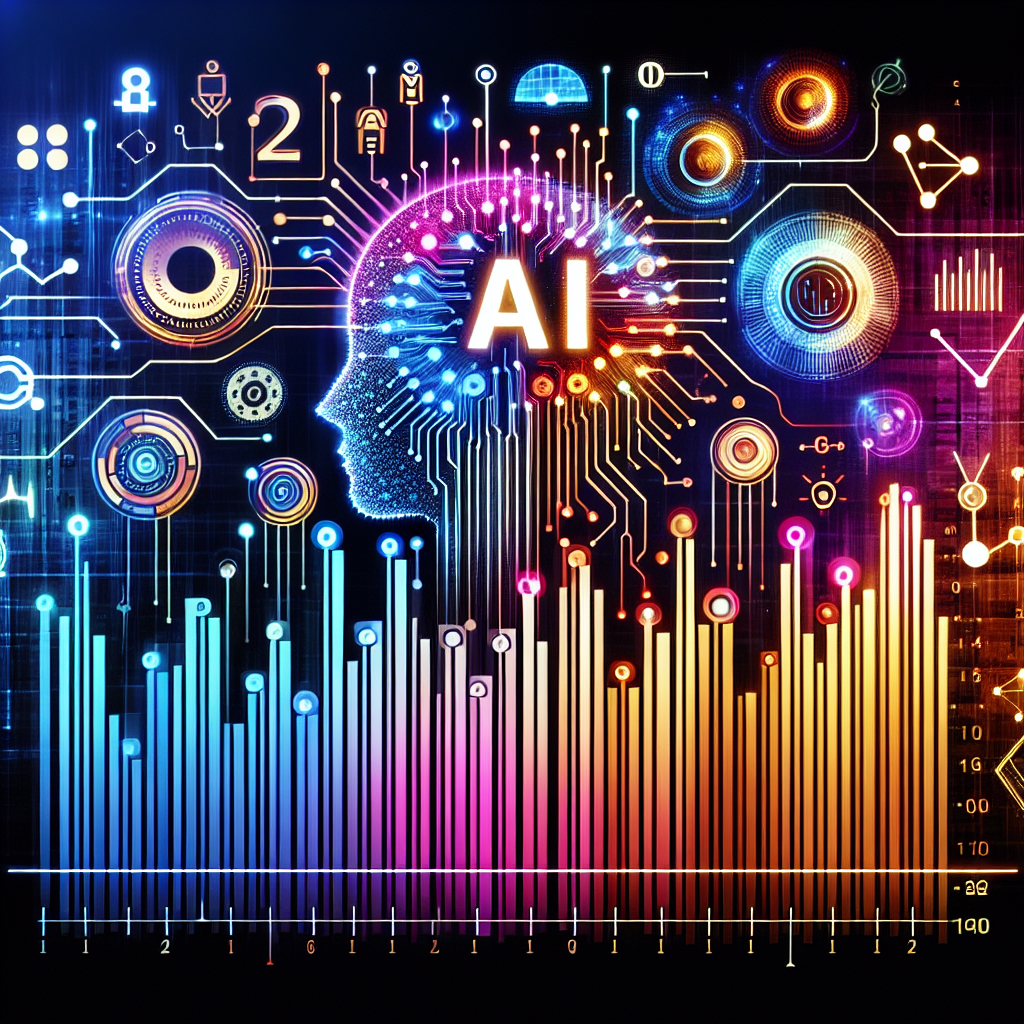Welcome to your essential Weekly AI News Recap! Every week, we dive into the most profound and game-changing developments shaping the world of artificial intelligence. From groundbreaking model releases to shifts in global policy, August 2nd to August 9th, 2025, delivered a flurry of updates that underscore just how rapidly this field is evolving.
This past week felt less like a collection of headlines and more like a seismic shift. The boundaries of what AI can do were pushed. Regulations began to solidify. And the very nature of human-AI interaction continued to transform. Let’s unpack the moments that defined this exhilarating week.
OpenAI’s Grand Unveiling: The Rise of GPT-5
Barely had the dust settled from previous iterations when OpenAI dropped a bombshell: the official launch of GPT-5. Described as offering “PhD-level expertise,” this new, upgraded version of ChatGPT promises an unprecedented leap in understanding and reasoning. Imagine an AI capable of grappling with complex academic problems. Think of it dissecting intricate research papers. This is more than just an update; it’s a redefinition of what a language model can achieve. The implications for research, education, and professional fields are monumental. Could this be the next step in realizing truly advanced capabilities? Remember discussions around the next-generation AI model? GPT-5 is certainly setting a new benchmark. It also begs the question of evolving AI user expectations – what will we demand next?
Robots Get Brains: Skild AI and NASA’s Autonomous Guardians
The vision of truly adaptive robots edged closer to reality this week with two significant announcements.
Skild AI debuted its “Robot Brain” cognitive architecture. This innovation promises real-time adaptability for robots. No longer confined to rigid programming, these machines can now dynamically respond to their environments. This marks a critical step towards more versatile and intelligent robotic systems across industries.
Meanwhile, in a move that sounds straight out of science fiction, NASA deployed autonomous maintenance robots aboard the International Space Station. These aren’t just remote-controlled devices; they are self-sufficient units. They manage routine tasks, ensuring the station’s operational integrity. This highlights the growing reliance on self-improving AI agents in critical, complex environments. Their success could pave the way for fully autonomous deep-space missions. It further illustrates the growing prevalence of AI agents beyond our immediate sight.
The Iron Hand of Law: EU AI Act Takes Effect
In a landmark moment for global AI governance, the EU AI Act officially entered into force across its 27 member states. This legislation is a comprehensive framework. It categorizes AI systems by risk level. It imposes strict rules on high-risk applications. This move signifies a global shift towards regulating artificial intelligence, aiming to foster trust and ensure ethical development. For anyone following the evolution of legal AI, this is a pivotal moment, setting a precedent for responsible innovation worldwide. The Act’s full impact will unfold over time, but its enactment is a clear signal: the wild west of AI is over.
AI’s Invisible Hand: Accelerating Discovery and Defense
Beyond the headlines of new models and regulations, AI continued to demonstrate its quiet, yet profound, impact on scientific discovery and cybersecurity:
- Material Science Breakthrough: AI played a crucial role in discovering promising new battery materials for clean energy. This isn’t just incremental progress; it’s a potential game-changer for electric vehicles and renewable energy storage. It highlights AI’s burgeoning capacity in discovering new scientific laws and accelerating research.
- Deepfake Detection: A new universal detector emerged, boasting 98% accuracy in identifying deepfake videos. In an era where digital deception is a growing concern, this tool is invaluable. It provides a much-needed defense against misinformation and manipulation. As AI-generated images become more sophisticated, such detection tools are vital for maintaining digital authenticity.
- Cybersecurity Fortification: DARPA’s AI Cyber Challenge concluded with significant breakthroughs. These include autonomous bug-patching tools. This means AI can now identify and fix vulnerabilities in software, potentially securing our digital infrastructure at unprecedented speeds. Separately, Anthropic’s Claude AI outperformed humans in hacking competitions. In parallel, Microsoft unveiled Project Ire for autonomous malware detection. These developments underscore AI’s dual nature. It is both a powerful offensive and defensive tool in the cyber realm.
The Hardware and the Hype: Chips, Funds, and Layoffs
The underlying infrastructure of AI also saw major advancements this week:
Broadcom began shipping its next-gen AI chip. This chip is designed for ultra-fast data-center GPU connectivity. It’s the engine powering the AI revolution. It supports the massive computational demands of advanced models like GPT-5. This kind of hardware investment mirrors trends seen with Nvidia data center revenue, demonstrating the immense capital flowing into AI infrastructure.
OpenAI made a strategic move by releasing open-weight models gpt-oss-120b and gpt-oss-20b for public use. This democratizes access to powerful AI. It enables developers and researchers to build upon state-of-the-art models. It’s a significant step towards fostering a more open and collaborative AI ecosystem, aligning with the spirit of GPT-OSS and open-source innovation.
However, the week wasn’t without its complexities. MGX successfully raised an astounding $25 billion for its AI fund. This signals continued investor confidence. Yet, over 10,000 AI-related U.S. job losses were reported. This highlights the ongoing paradox within the industry. While investment surges, automation continues to reshape the workforce. It echoes concerns around AI causing layoffs and the future of work.
The Race Continues: AGI Predictions and AI Showdowns
Perhaps the most thought-provoking news came from DeepMind’s CEO. They stated that AGI (Artificial General Intelligence) could arrive within five to ten years. This prediction, if realized, would spark massive societal change. It brings discussions around superintelligent AI and the timeline to create a new intelligence sharply into focus. The debate about humanity’s readiness for such an era rages on.
In the competitive landscape, Baidu announced plans to launch a new reasoning AI model by the end of August. An Ernie 5.0 upgrade is also expected soon. This shows the relentless pace of innovation from global players. Not to be outdone, Google released a Pixel 10 ad. It directly mocked Apple’s perceived delayed AI features, specifically targeting a Siri overhaul. This competitive jab underscores the intensity of the AI race. It highlights the premium placed on cutting-edge AI user experience and capabilities, with companies fighting for every edge, even when it comes to things like AI personality.
What This Weekly AI News Recap Means For You
This past week has been a whirlwind of innovation, regulation, and strategic moves. It’s clear that AI is not just advancing; it’s accelerating at an almost unimaginable pace. From powerful new models like GPT-5 to the quiet, yet profound impact of AI in scientific discovery and cybersecurity, the landscape is shifting daily.
Staying informed is no longer optional; it’s essential. The developments from August 2nd to August 9th show that we are firmly in an era where AI is redefining industries, challenging traditional roles, and sparking crucial conversations about our collective future.
What were your biggest takeaways from this Weekly AI News Recap? Share your thoughts in the comments below! And if you want to stay ahead of the curve and receive the latest AI news directly in your inbox every week, subscribe to our free email newsletter!



